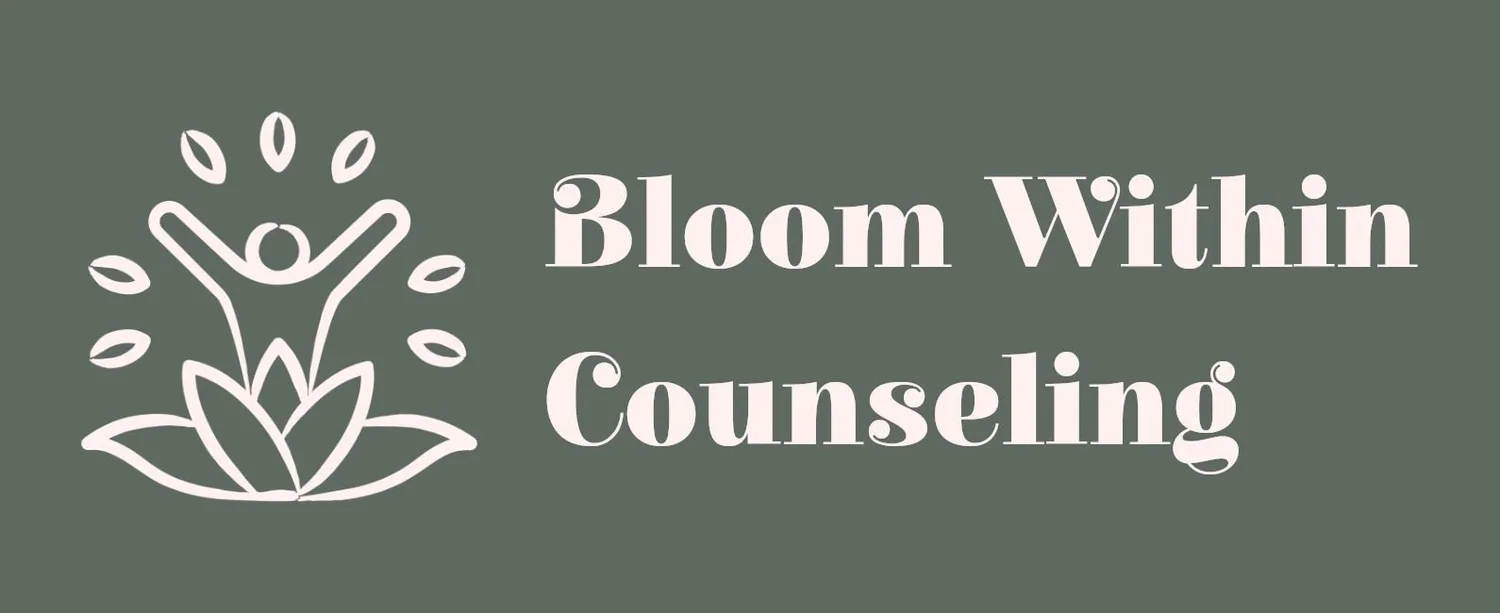Honoring Hispanic Heritage Month: Uplifting Identity, Mental Health & Inclusive Perinatal Support
Each year from September 15 to October 15, we celebrate Hispanic Heritage Month, a time to honor the histories, cultures, and contributions of Hispanic and Latinx communities in the U.S. As a Black, LGBTQIA+ affirming, and perinatal mental health therapist, I hold this month as a meaningful opportunity to reflect, honor, and advocate, especially for those navigating mental health issues.
This post is written in solidarity and with deep respect for the mothers, parents, birthing people, caregivers, and queer families within Hispanic and Latinx communities who deserve safe, inclusive, and culturally responsive care.
Culture, Identity & Mental Health
In every culture, there are powerful stories of strength, but also challenges that make mental health support difficult to access. In Hispanic and Latinx communities, cultural values like familismo (deep family loyalty), religiosity, and machismo or marianismo (traditional gender roles) can complicate how people experience and express emotional needs, especially during the perinatal period. According to federal government data from Substance Abuse and Mental Health Services Administration (SAMHSA, 2023), approximately 1 in 5 Latinx/Hispanic persons reported experiencing mental illness.
Based on research from National Alliance on Mental Illness (NAMI, 2025), many Latinx individuals face:
Language barriers when accessing mental health care
Cultural stigma around therapy or postpartum mood disorders
Financial barriers such as lack of health insurance
Lack of providers who reflect or affirm their identity
These challenges multiply when someone is also navigating LGBTQIA+ identity or nontraditional family roles. Queer Latinx parents, for example, may face rejection or invisibility in parenting spaces.
Holding Intersections: Perinatal Mental Health, Queer Identity, and Latinx Culture
As a PMH-C certified therapist, I work closely with people experiencing:
Pregnancy or postpartum depression and anxiety
Birth trauma or loss
Identity shifts in new parenthood
Stress around coming out while becoming a parent
Queer family planning or fertility challenges
In Latinx culture, where parenting is often deeply gendered and rooted in tradition, LGBTQIA+ Latinx parents may feel isolated, invisible, or pressured to conform. When cultural expectations clash with lived identity, it can lead to shame, internal conflict, or even disconnection from one’s community or family.
Therapy can be a space where these intersections are gently unpacked with care, cultural humility, and deep respect.
What Inclusive, Culturally Affirming Therapy Looks Like
Inclusive perinatal mental health support should recognize all of who you are — not just your symptoms. That means honoring:
Your language (offering services in Spanish or bilingual support where possible)
Your gender identity and pronouns especially in reproductive spaces
Your family structure, whether you’re partnered, co-parenting, chosen family, or solo
Your spiritual or religious beliefs, if important to you
Your immigration or generational status, and how that shapes your experience
As a therapist, I don’t claim to know every experience, but I do lead with curiosity, respect, and commitment to creating a space where you don’t have to leave parts of yourself at the door.
Resources for Latinx LGBTQIA+ & Perinatal Support
If you're looking for support that honors your culture and identity, these organizations may help:
Latinx Therapy – Therapist directory, bilingual mental health education
The Trevor Project – Crisis support for LGBTQIA+ youth (bilingual available)
Familia: Trans Queer Liberation Movement – Advocacy for Latinx trans and queer communities
Postpartum Support International – Spanish-language support groups
Therapy for Latinx – Culturally centered mental health care
A Note from Me, As Your Therapist
As a Black woman and affirming therapist, I’ve experienced firsthand the power of visibility and representation in healing spaces. I know what it’s like to feel unseen, and I’ve made it my mission to ensure that my clients feel the exact opposite of that.
During Hispanic Heritage Month and beyond, I remain committed to:
Uplifting voices and stories that are often silenced
Advocating for inclusive care that reflects all families
Offering compassionate, identity-affirming support for birthing people of all backgrounds
Although I am not a Spanish speaker, I am deeply committed to providing culturally respectful and inclusive care, and I am always open to referring to trusted bilingual providers when needed. Whether you're a new parent, expecting, grieving, coming out, or simply trying to hold it all together, you deserve support that sees you.
You don’t have to carry it alone.
To learn more about my services or to schedule a session, click here.

